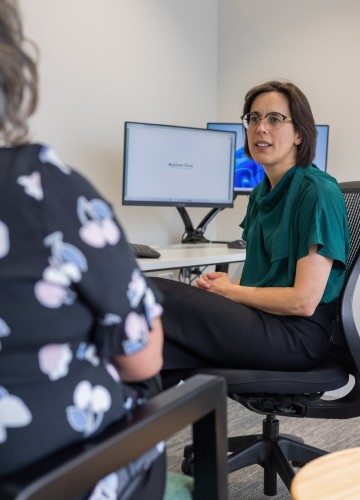Home / Procedures & Investigations / Surgery for Anal Fistula
Surgery for Anal Fistula
Surgery for anal fistula is performed to treat an abnormal tunnel (fistula) that forms between the inside of the anal canal and the skin near the anus.

Why is surgery for anal fistula performed?
Surgery is recommended when a fistula causes ongoing symptoms such as pain, discharge, or infection.
Without treatment, the fistula may not heal on its own and can lead to repeated abscess formation or discomfort.
The goal of surgery is to close the fistula tract and promote healing while preserving normal anal function.
Your surgeon will help decide the most suitable approach based on the fistula’s type, location, and complexity.
What's Involved?
Several surgical techniques may be used to treat an anal fistula.
The choice depends on the fistula’s anatomy and the need to protect the anal sphincter muscles.
Your colorectal surgeon will explain which technique is best for you and discuss what to expect.
Fistulotomy
Fistulotomy involves carefully cutting open the fistula tract to allow it to heal from the inside out. This is suitable for simple, low fistulas where sphincter muscle involvement is minimal.
Seton Drainage
Seton drainage uses a thin band (seton) placed through the fistula tract to keep it open and allow ongoing drainage, reducing infection and inflammation. This is often used for more complex fistulas to promote gradual healing.
Endorectal Advancement Flap
Endorectal advancement flap covers the internal opening of the fistula with a flap of rectal tissue. This technique preserves sphincter function and is typically used for fistulas involving more muscle or complex tracts.
LIFT Procedure
LIFT Procedure (Ligation of the Intersphincteric Fistula Tract) involves identifying and tying off the fistula tract between the muscles that surround the anal canal (internal and external sphincters). It is designed to remove the fistula while preserving muscle funciton and is commonly used for complex fistulas.
Before & After Your Procedure
What to know before your procedure and how to support your recovery.
Your colorectal surgeon will be happy to answer your questions and support you through the process, helping you understand the surgery, recovery, and what to expect at every stage.



